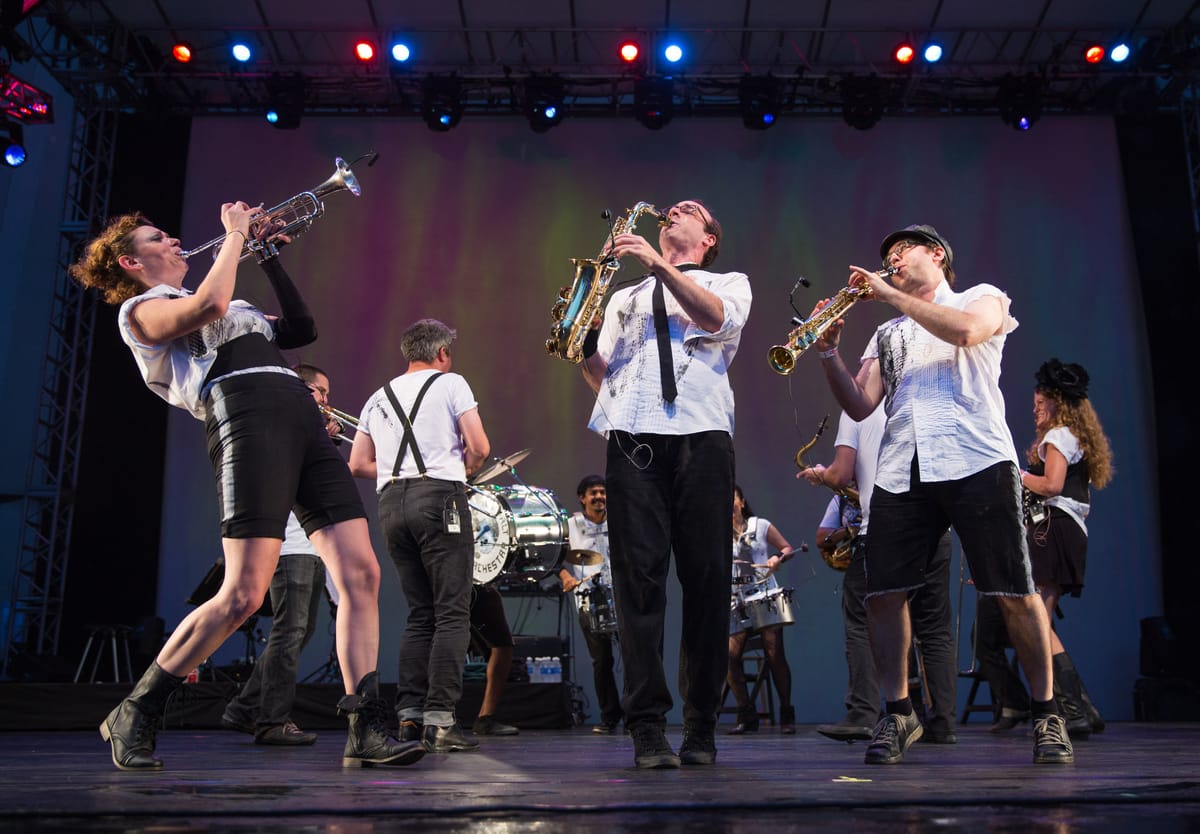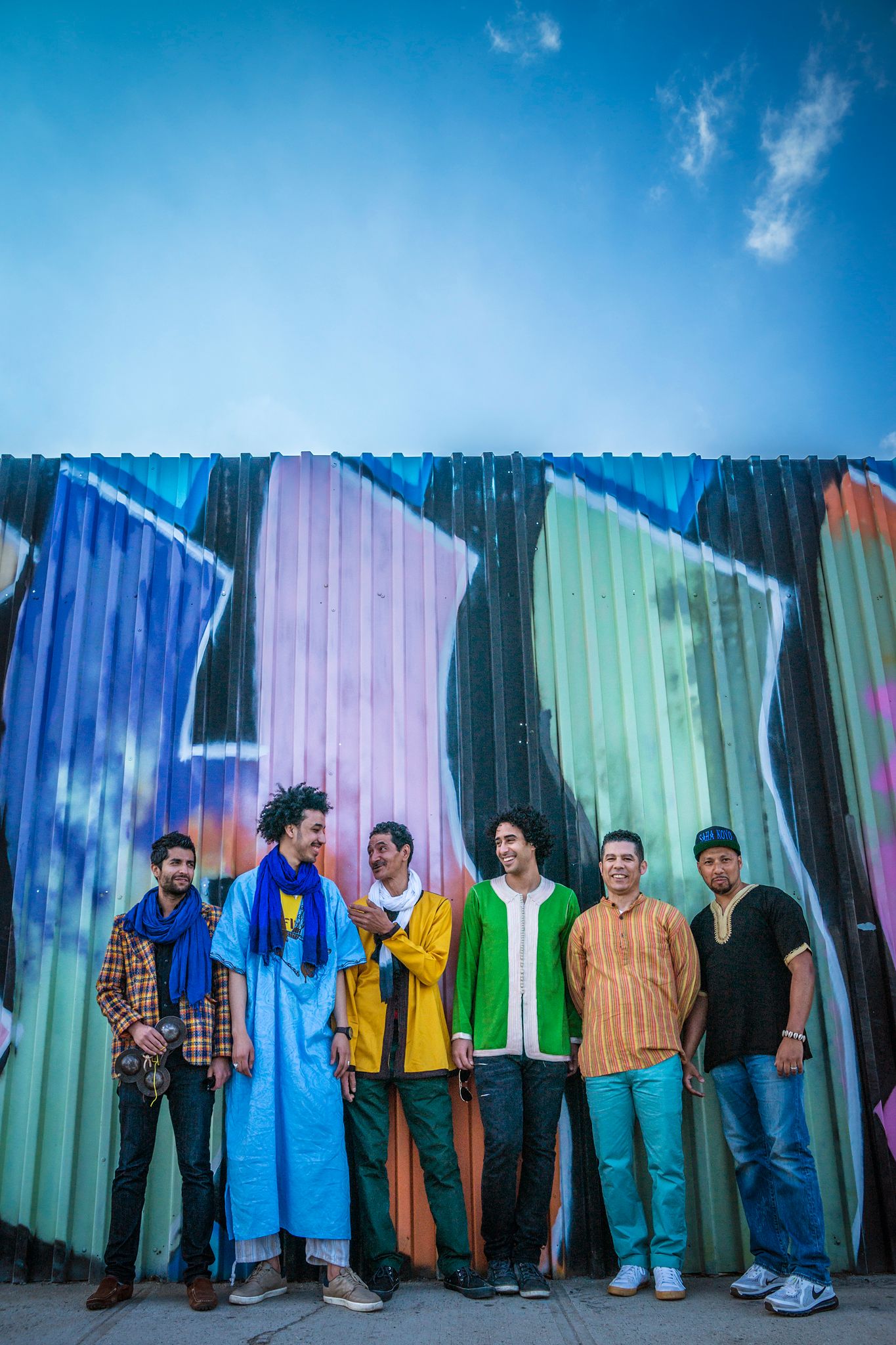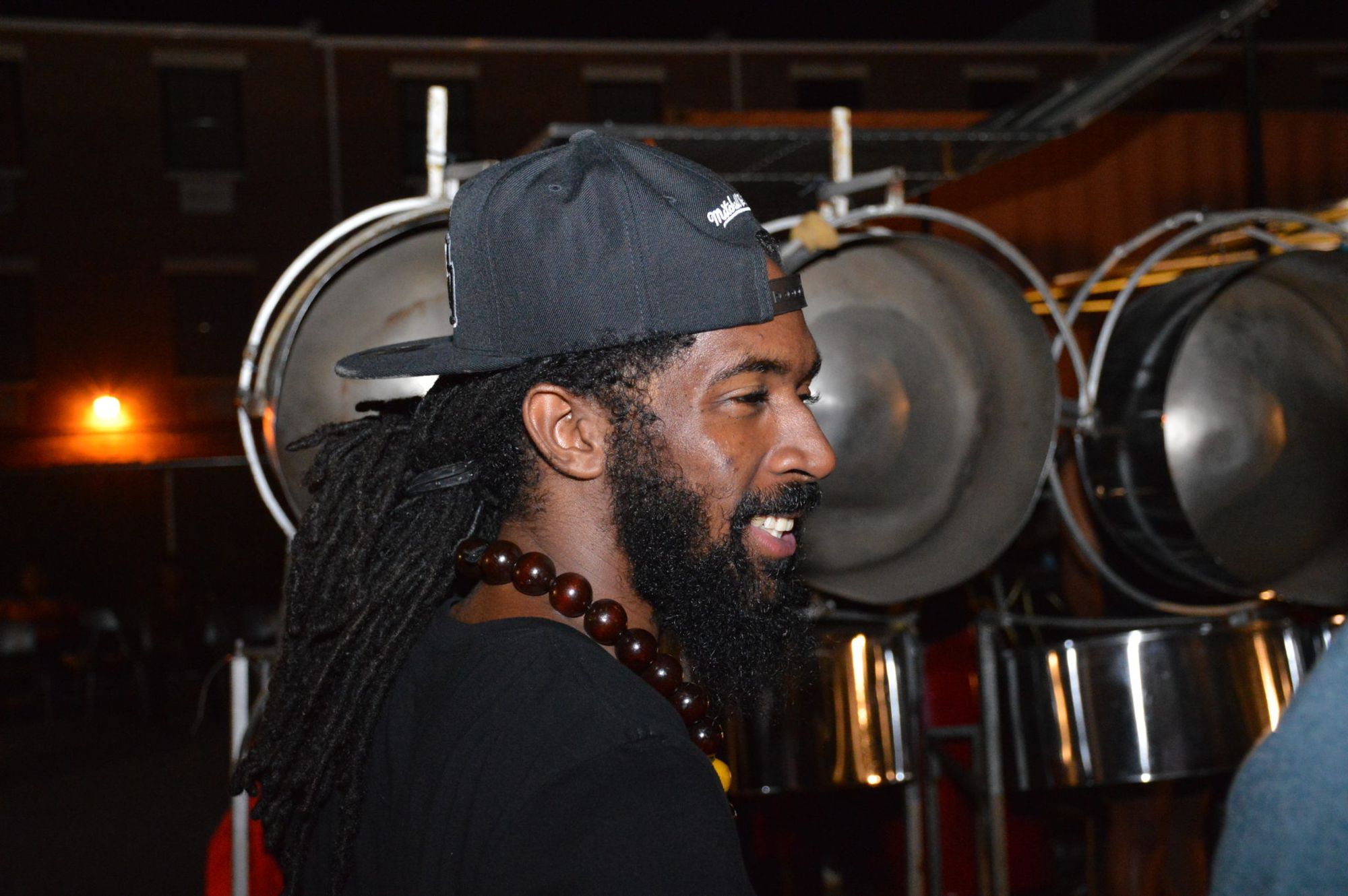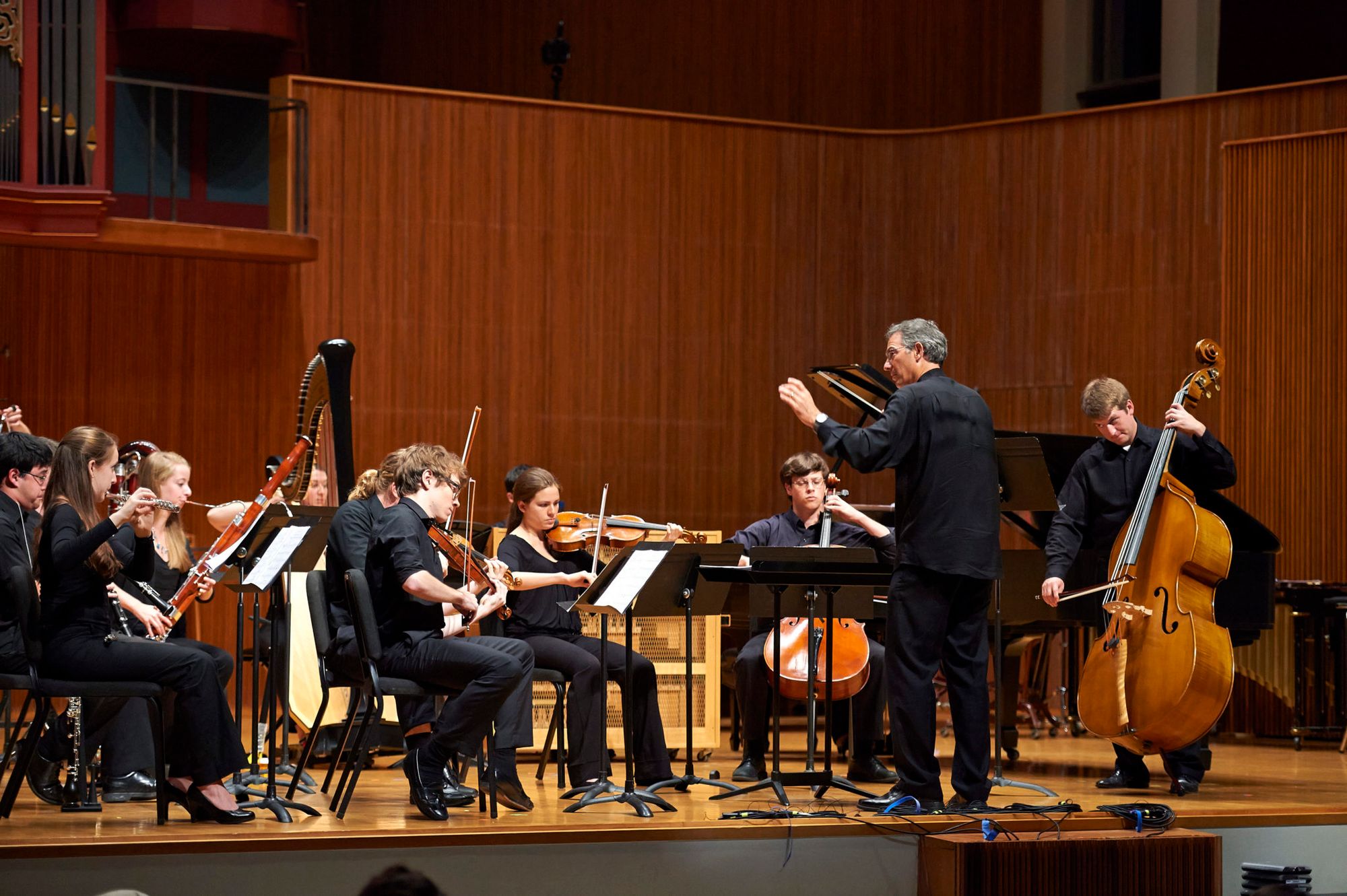Bang On A Can Celebrates 30 Years At Brooklyn Museum


In celebration of its 30th anniversary, Bang on a Can is bringing its annual Marathon Concert to the Beaux-Arts Court of the Brooklyn Museum (200 Eastern Parkway) on Saturday, May 6.
The day-long performance is the signature event of the contemporary classical music company. The annual marathons feature an eclectic mix of performers in an informal atmosphere, where listeners are encouraged to come and go as they please while different artists take the stage. Saturday’s show will include eight hours of music (from 2pm to 10pm).
In addition to honoring the 1987 founding of the group by composers Julia Wolfe, David Lang and Michael Gordon, this year’s marathon is part of “A Year of Yes,” celebrating the tenth anniversary of the Elizabeth A. Sackler Center for Feminist Art at the Brooklyn Museum.
“Bang on a Can has always championed women composing,” Wolfe explained. “We had been talking about the Brooklyn Museum as a great place for the marathon. When we caught wind of “A Year of Yes,” it seemed like a natural.”
Inspired by the theme “Reimagining Feminism at the Brooklyn Museum,” Bang on a Can has scheduled special women-only ensembles of established performers (the Women’s Raga Massive), performances by mixed-gender groups that focus on female composers (Asphalt Orchestra doing Merrill Garbus and Kim Deal), works focused on the female experience (A Murmuration for Chibok), and appearances by celebrated female artists including Meredith Monk, Caroline Shaw, and Kaki King.
“This is a natural part of what we do. In 1984 I was the only woman in my composition class at Yale. Now I am heading up the composition program at NYU Steinhardt and there are amazing, creative, young women, lots of them, attending my program. The world has changed,” Wolfe said.

“We are thrilled to include pioneers like Meredith Monk and Joan La Barbara who paved the way, and women from experimental rock, along with young women composers taking the world by storm,” she added. “It is a fertile time—a really exciting time—to be creating music. The marathon gives a window into what is happening right now.”
Beyond the feminist focus, Wolfe, Land, and Gordon invite audiences to “come celebrate our 30th anniversary with us, in an 8-hour marathon concert of politics, resistance, and love.” Bang on a Can is committed to building “an open, welcoming, and inclusive space for music from a wide variety of styles, genres, and origins” at its concerts.
That will be reflected in performances featuring music from Iraq (Amir ElSaffar and his Two Rivers Ensemble), trance music from Morocco played by Innov Gnawa, and Brooklyn’s mesmerizing steel band Pan in Motion.

“Kendall Williams and his steel pan players are spectacular,” said Wolfe. “We want everyone to know about them. Kendall is a composer and a virtuoso on the pans. This is not to be missed.”
Bang on a Can started as a one-day concert staged in a Soho art gallery on Mother’s Day 1987. “We were totally in the present,” Wolfe recalled. “We looked around and saw what was missing. We created a happening. After the first Bang on a Can marathon, when we were sweeping up at 2:00 in the morning, we looked at each other and said, ‘Let’s do it again.’”

The founders did do it again the following year, and then again and again. Bang on a Can has grown into a multi-faceted performing arts organization with year-round international performances. Several of the affiliates it has spawned will be on hand for Saturday’s event, including the Bang on a Can All-Stars, an amplified sextet; the Asphalt Orchestra, an iconoclastic 12-piece marching band; and Found Sound Nation, a mobile recording studio on- hand to record spontaneous original music by passersby and Marathon musicians alike.
“Thirty years ago we started dreaming of the world we wanted to live in,” the co-founders wrote. “It would be a kind of utopia for music: all the boundaries between composers would come down, all the boundaries between genres would come down, all the boundaries between musicians and audience would come down. Then we started trying to build it. Building a utopia is a political act—it pushes people to change. It is also an act of resistance to the things that keep us apart.”



